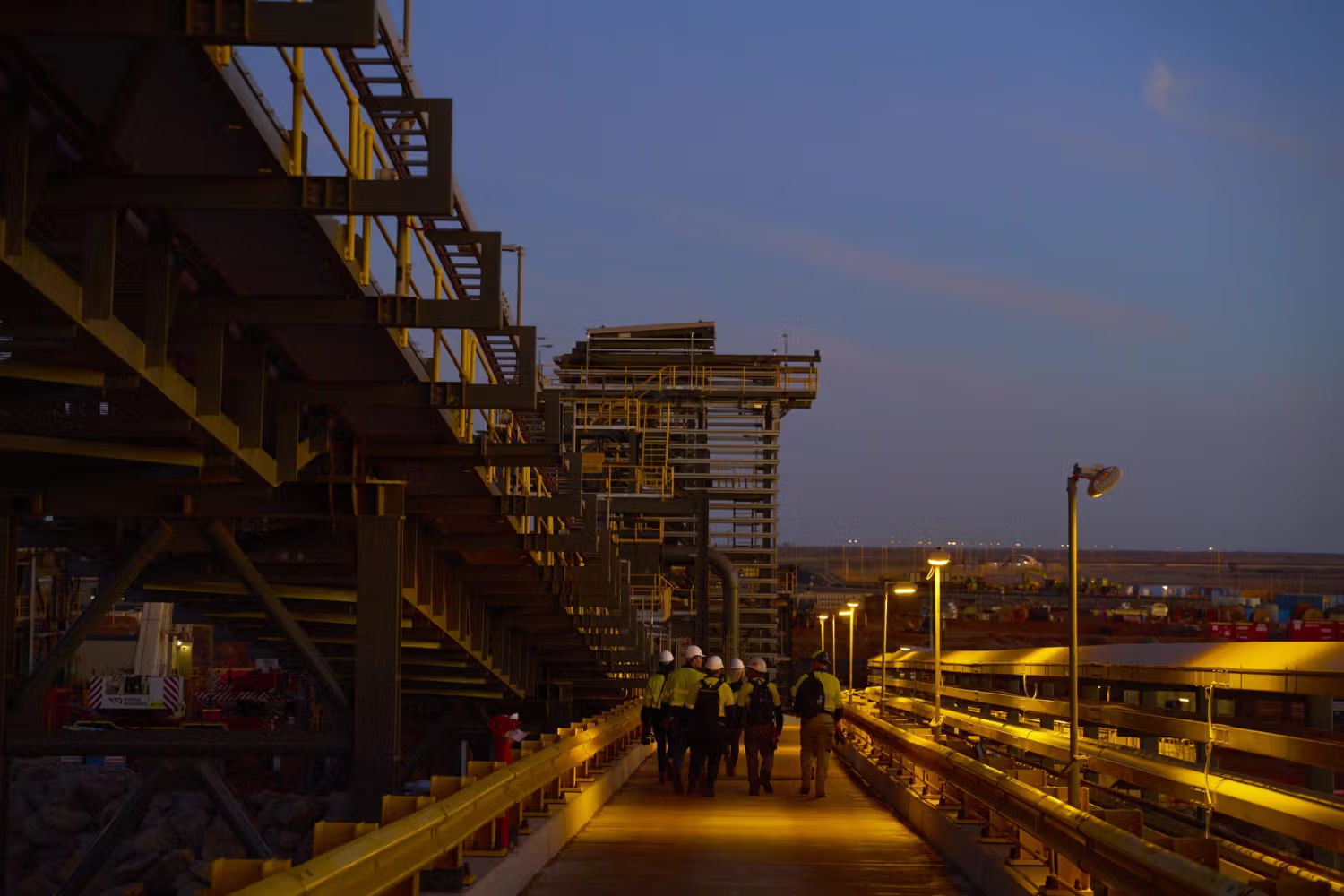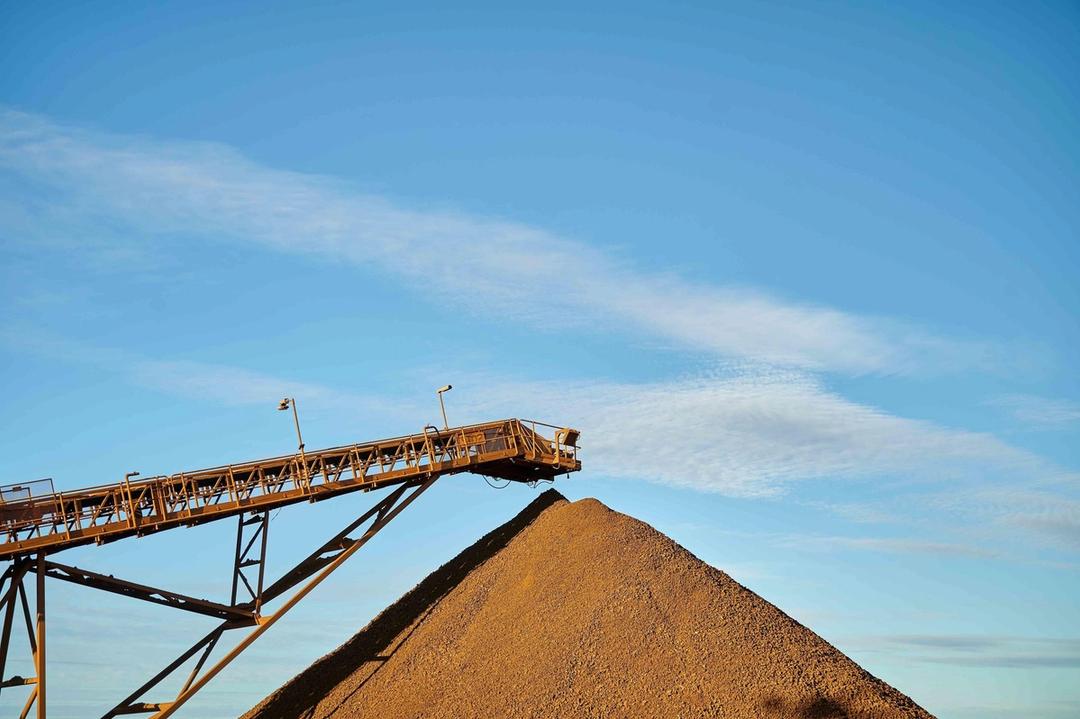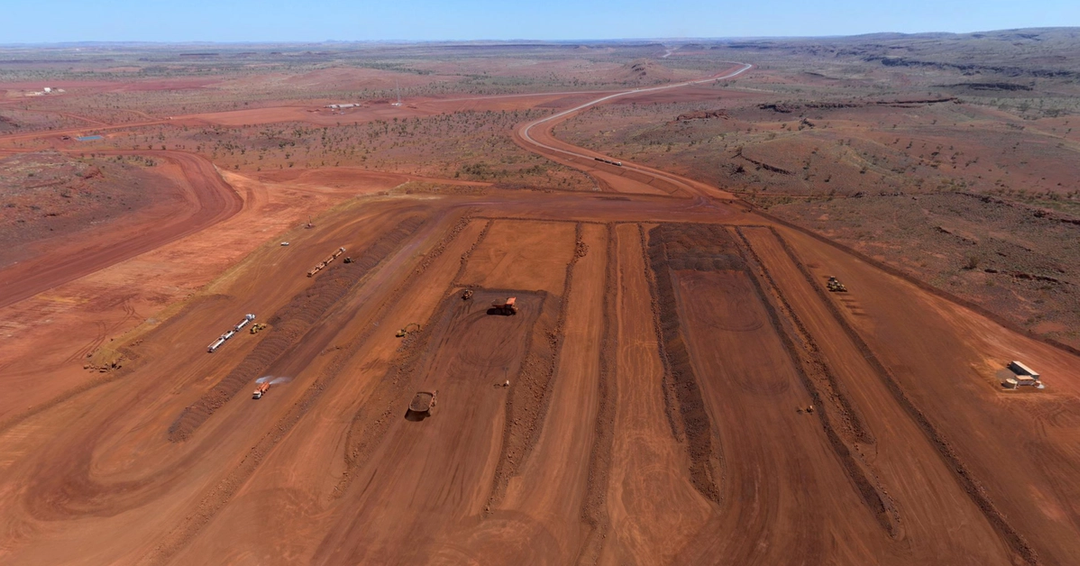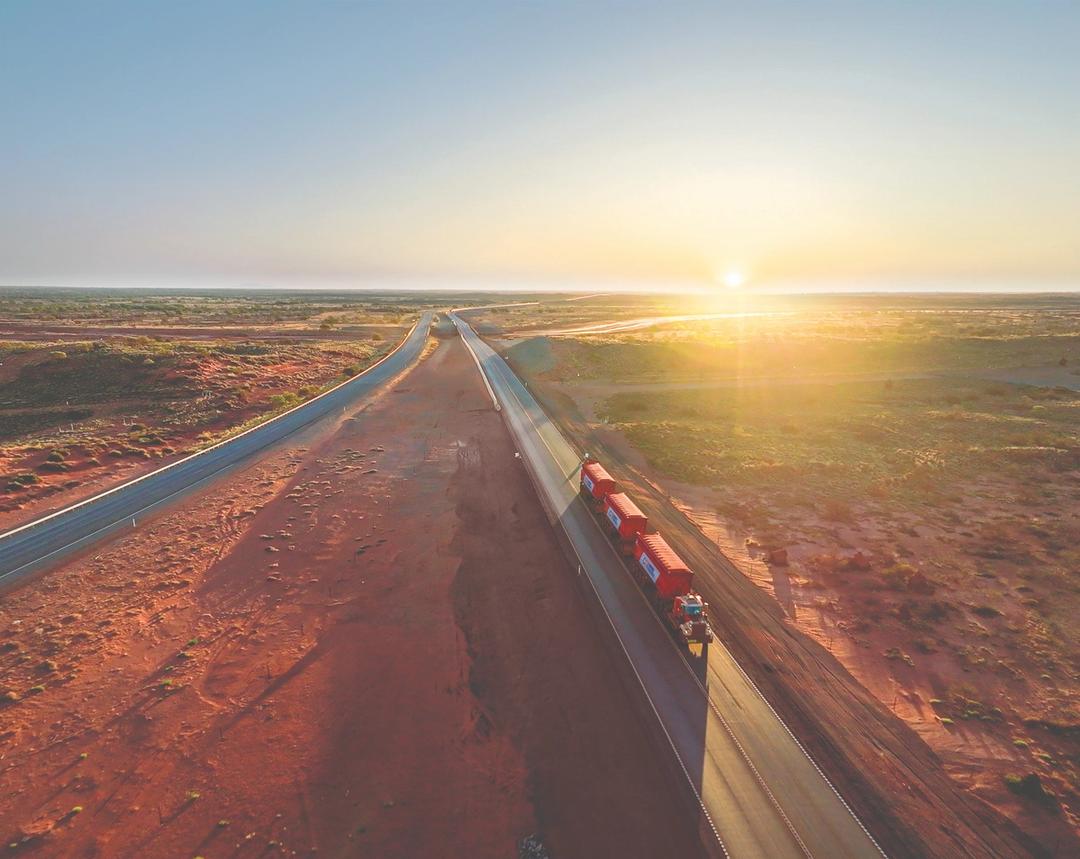Mineral Resources (MinRes) is taking proactive steps to minimise impacts on marine fauna at our Onslow Iron project in the West Pilbara.

MinRes acknowledges biodiversity and environment are crucial considerations for our business and the broader resources industry.
Ecological impacts of secondary disturbances from mining activities – such as changes to fauna behaviour from noise, light and vibrations – are also increasingly recognised as part of project planning and associated approvals and compliance processes.
Onslow Iron is coming to life through innovative mining technology, including a unique transhipping solution that transports iron ore from the Port of Ashburton to bulk carriers anchored 40km offshore.
The purpose-built vessels feature a shallow seven metre draft when fully loaded with 20,000 tonnes, avoiding the need for a deep-water port and significantly reducing the project’s environmental footprint.
MinRes has also implemented several engineering adjustments to minimise potential impacts of operations on marine turtles, seabirds and migratory shorebirds and other species.
Appropriate lighting is important for safety when working at night. However, artificial light can sometimes disrupt the natural behaviours and activity patterns of native fauna and potentially lead to adverse impacts.
For marine turtles in particular, artificial light can cause disorientation among hatchlings – potentially impacting the number of animals successfully navigating from their nest to the water.
To minimise, monitor and manage artificial light spill and its potential environmental impacts throughout construction, commission and operations, MinRes prepared an Artificial Light Management Plan (ALMP) for Onslow Iron operations which has been approved by Commonwealth and State environmental regulators.
The plan includes regular monitoring of turtle and shorebird populations, as well as monitoring programs to identify light spill levels and associated triggers for additional management measures, such as adjusted light intensity and wavelength on transhippers or port landside operations.

MinRes Principal Biodiversity Dr Adam Cross said engineering and management solutions that minimise skyglow from the port and anchorages have also been made to mitigate and minimise the impacts of artificial light spill.
“Australia’s marine and near-shore ecosystems are celebrated around the world for their biodiversity and natural beauty. When operating in these areas, we must protect and preserve the iconic wildlife they support,” Dr Cross said.
“As part of Onslow Iron, transhippers will navigate waters between islands that are important breeding grounds for several species of marine turtles and home to various species of whales, dugong, dolphins and other marine species.
“We’re making sure MinRes and our contractors have proper controls in place to protect native fauna from artificial light disturbance – it’s a shared responsibility.”
Outcomes from the ALMP will be monitored bi-annually through light level checks at major islands in the region and through photograph and drone image monitoring of seasonal turtle hatchling movement patterns.
Read more about MinRes commitment to biodiversity and environmental stewardship in its Biodiversity Strategy.



